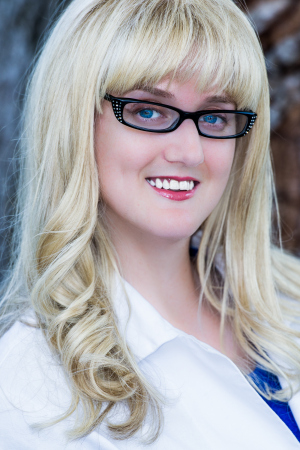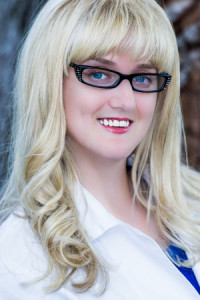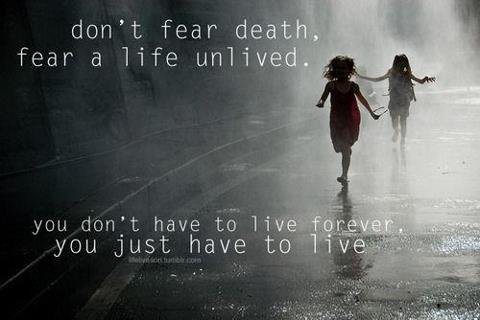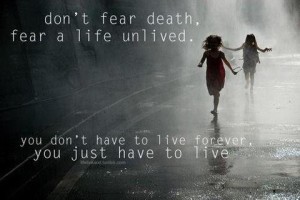“I’m just the nurse.” I blurted it out during a role-play at the start of nursing school. “Never say that,” my instructor corrected, “there is no such thing as ‘just a nurse.’” She’s right, but even though nurses are named the “most trusted profession” year after year in Gallup polls, and even though our importance to quality care is well documented, our value is often under-recognized in the health care system as a whole. H.R. 379, the National Nurse Act of 2015, could help change that.
This bill, introduced by Representatives Eddie Bernice Johnson (D-TX) and Peter King (R-NY), takes the existing position of “Chief Nursing Officer” and essentially transforms it into the “National Nurse for Public Health.” The bill is nonpartisan and revenue neutral. I, along with other nurses, recently lobbied members of Congress to support the “National Nurse Act” and joined a small but engaged audience at a Congressional briefing for the bill in February.
H.R. 379 advertises itself as an intervention in the epidemic of chronic health conditions Americans suffer from, especially obesity, diabetes and cardiovascular disease. The idea is that having a National Nurse reliably and consistently promote chronic disease management in combination with a wellness-based model of health care could reduce American’s chronic disease burden. Since America now spends 86% of every health care dollar on chronic conditions (according to the CDC), bringing down our spiraling rate of, say, obesity by even a small amount could improve people’s lives and save real money on treatments for high blood pressure, osteoarthritis, coronary artery disease, and even cancer.
That would be undeniably important work, but I believe the National Nurse role has a much larger potential to positively impact public health and that potential is worth outlining here even though it’s not part of the specific mandate of the law. Ideally, the National Nurse would become the go-to source of information and reassurance during more acute public health crises.
Doctors and nurses speak with very different voices and are heard differently by the public. Physicians are diagnosers and prescribers, while nurses are front-line caregivers. We spend more time with patients than any other health care worker and we are trained to serve as intermediaries between the patient and the rest of the health care system. Those yearly Gallup polls show that patients find us very trustworthy in that role—more trustworthy even than MDs.
So imagine that most-trusted nurse’s voice interjected into some of our recent public health crises. When Ebola first came to the U.S. public education about the risks of Ebola was haphazard, the C.D.C. was slow to create adequate protocols for containing the disease, and those policy and communication glitches exacerbated people’s confusion and fear.
A National Nurse could have started an Ebola website that answered, in lay terms, the most pressing public health questions about the disease: When are people contagious? Why would limiting flights out of West Africa make it harder to control the outbreak? How afraid should the average person be? The National Nurse could also have given guidance on infection control for nurses in the entire country and debunked misinformation about Ebola patients in the U.S.
The National Nurse could intervene similarly in our ongoing crisis over parents choosing not to vaccinate their children. There is no evidence that the measles vaccine causes autism, but the perception that it does, or that it causes other medical problems, has been difficult to displace from the public imagination, leading to a growing number of unvaccinated kids and measles outbreaks this winter. MDs confronted with parents who don’t want to vaccinate might come across as biased authorities if they urge vaccination. But I wonder if a nurse’s voice would register more like a concerned friend able to explain in lay terms what the known risks of the vaccine are versus how bad a case of measles can be for a child.
Finally, the National Nurse would complement, not displace the Surgeon General’s work in public health, and thus formalizes our growing national focus on health care being practiced by teams. Because the role of National Nurse gives nursing parity with doctors in the arena of patient education it would be symbolically resonant in terms of modeling truly collaborative health care.
When I went back to school to become a nurse (after three years spent teaching English in college) I quickly learned how important the job of clinical nurse is. Passing H.R. 379 could start a real conversation with the public about improving and maintaining our nation’s health. It would also make clear on a national level that there never has been any such thing as “just a nurse.”
NOTE: The American Nurses Association and a host of other health care organizations support the National Nurse Act of 2015. For more information, go to: http://nationalnurse.org/. Writing your member of Congress in support of the bill is also very helpful.
“I’m just the nurse.” I blurted






